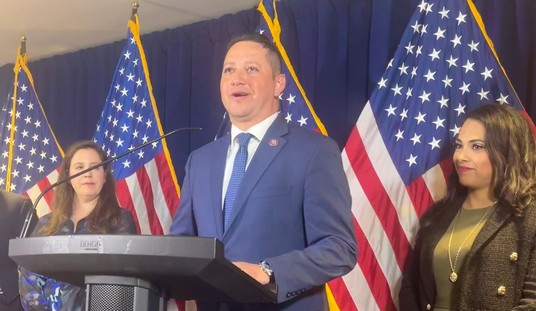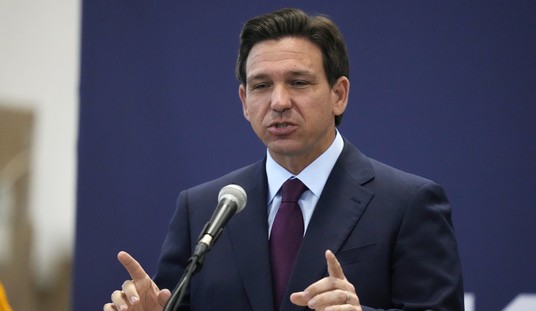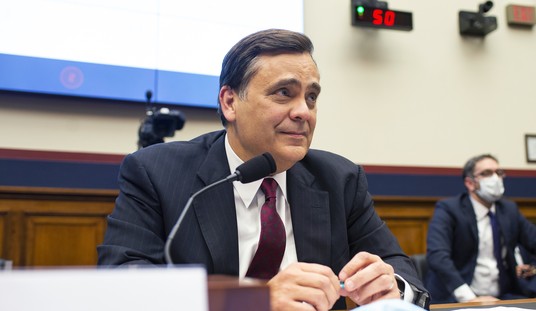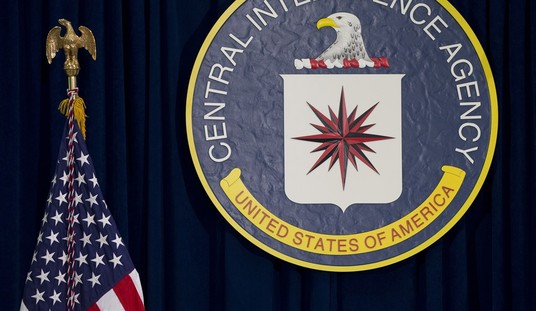One of the sites I routinely read, Kottke.org, linked to a new book out I have not read. It is called Three Felonies A Day: How the Feds Target the Innocent. This is an issue I care deeply about from my days as an indigent criminal defense attorney to my present study and review of prosecutorial overreach in the United States.The issue of over criminalization fits well with the issue of government overreach these days.There is a maxim that one cannot plead ignorance of the law. But that maxim was premised on common law and the basic understanding that Americans should know something is or is not wrong through general common sense and application of obvious laws and rules to similar situations.Courts, prosecutors, and the government generally still enforce this maxim, but it is harder and harder to see justification for it. In some cases — particularly with businesses — individuals and organizations are expected to know the laws of foreign countries whose laws our government acknowledges via treaty. The Wall Street Journal has chronicled the absurdity of over criminalization. But what is worse is the abusiveness of the government in trying to get its way. This plays directly into the NSA PRISM program. Beyond the breaches of privacy, I hope disruptive candidates like Ted Cruz and Rand Paul pick up this issue.One of the best examples, tied directly to the NSA, is that of Joseph P. Nacchio, the former CEO of Qwest, who is now in jail. Nacchio, on behalf of the company, refused requests from the NSA to spy on Americans before September 11, 2001 even happened. As a result of his refusals, the federal government personally hounded him until they found a ridiculous basis on which to try him and send him to jail. There is little argument he was tried and convicted of crimes because he denied the NSA’s request to spy on Americans.The government charged him with insider trading. Qwest had received classified contracts with the NSA, which the NSA subsequently dropped because of Nacchio’s refusal to allow the NSA to spy on Americans through Qwest.During the time it appeared Qwest was going to get the contracts, Nacchio had bought company stock.Because the contracts with the NSA were classified, Nacchio could not publicly discuss those contracts, which — again — were subsequently cancelled by the NSA.But because Nacchio, as CEO, knew about them and had bought or sold stock during that time, the federal government charged him with having insider information. The irony is that had Nacchio told the public about the contracts, there to he could have gone to jail for revealing classified information.This is a huge problem and the government uses a system of arbitrary, vague, and ambiguous laws to attack, bully, and badger American citizens. In the zeal to stop the NSA’s abuse of privacy rights, this issue matters and is relevant.
Over Criminalization and the NSA
By
Erick Erickson |
4:30 AM on June 11, 2013
The opinions expressed by contributors are their own and do not necessarily represent the views of RedState.com.

Advertisement
Tags:
NSA












Join the conversation as a VIP Member